who was su shi ?
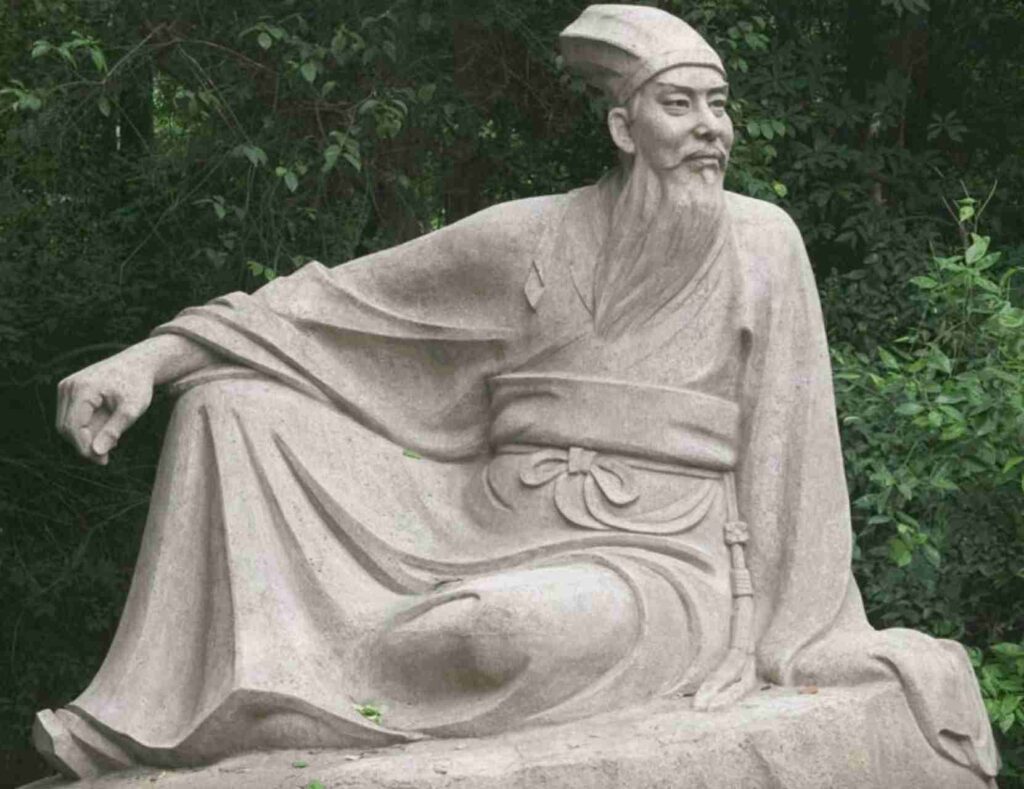
Who ws Su Shi? An article to take you to understand the life of the Song Dynasty literary hero
In the history of Chinese literature, Su Shi (1037-1101) is a name that cannot be bypassed. He was one of the most distinguished literary figures of the Northern Song Dynasty, as well as a calligrapher, painter, politician, and even a gourmet. Su Shi’s poetry is bold and free, his prose is fresh and natural, and his life experience is full of legend. Today, let us enter the life of this “Dongpo Jushi”, and see how he became a man of the ages.
First,Young genius: the rise of the Meishan genius
Su Shi, the word Zizhan, the art name is Dongpo Jushi, Meishan, Sichuan people. He was born into a family of scholars, his father Su Xun is a famous essayist, his brother Su Zhe is also a literary world, father and son, known as the “three Su”, ranked in the “Tang and Song dynasty eight”.
Su Shi was a brilliant young man, and at the age of 21, he went to Beijing to take the examination, and surprised the examiner, Ouyang Xiu, with a paper entitled “The Essay on Criminal Appreciation and Loyalty”. After reading it, Ouyang Xiu exclaimed, “I should avoid this person and let him out of a head of land.” From then on, Su Shi became famous in the capital and started his career in the civil service and literature.
Second, the sea of bureaucracy: from pleased to disillusioned
Su Shi’s career is not smooth sailing. He served in Fengxiang, Hangzhou, Mizhou, Xuzhou and other places, and his political achievements were outstanding. In Hangzhou, he dredged the West Lake, building “Su Causeway”, is still one of the ten scenic West Lake.
However, Su Shi was ostracized by the New Party because of his opposition to Wang Anshi’s reforms, and in 1079 he was arrested and imprisoned for the Wutai Poetry Case, and was eventually deported to Huangzhou (present-day Huanggang, Hubei Province), where he was sentenced to death for his role in the Wutai Poetry Case.
Huangzhou: Sublimation in Adversity
In Huangzhou, Su Shi’s life was in dire straits, but his spirit was at its peak. He reclaimed the wilderness east of the city and called himself “Dongpo Jushi”, where he wrote his legendary “CI BI FU” and “Nian Nu jiao – CI BI as a Memory of Antiquity”. The phrase “the great river goes east, the waves are exhausted, the people of the past thousand years” still makes people’s heart pound.
Third, literary achievements: poetry, words and writings, all proficiency
Su Shi’s literary talent, poetry, words, prose, calligraphy, painting have very high attainments.
1. Poetry: boldness and depth of feeling coexist
Bold words: such as “Nian Nujiao – CI BI as a Memory of Antiquity”, which pioneered the style of bold and bold words.
Empathetic words: such as “Jiangchengzi – Remembering a Dream on the Twentieth Day of the First Month of the Year of the B.M.” (“Ten Years of Life and Death”), which is deeply touching.
Philosophical poems: such as the “TI XI LIN BI” (“I don’t know the true face of Mount Lu, I am only here in this mountain”), full of wisdom in life.
2. Prose: flowing, fresh and natural
Su Shi’s prose style is free and unrestrained. His masterpieces include “The Former CI BI FU”, “The Later CI BI FU”, “Remembering the Night Journey to the Chengtian Temple”, and so on, and he is regarded as one of the Eight Great Poets of the Tang and Song dynasties by the later generation.
3. Calligraphy and Painting: Representatives of Literati Art**
Su Shi’s calligraphy is in a class of its own, and is known as one of the “Four Famous Artists of the Song Dynasty” along with Huang Tingjian, Mi Fu, and Cai Xiang, with his masterpiece, “The Cold Snacks Post,” being regarded as “the third most important line of calligraphy in the world”. His paintings advocated the “unity of poetry and painting”, which influenced the development of literati paintings in later generations.
Fourth, the late years of wandering: from Huizhou to Danzhou
1094, Su Shi was once again relegated, has been exiled to Huizhou (present-day Huizhou, Guangdong Province) and Danzhou (present-day Danzhou, Hainan). At that time, Hainan was a barbaric place, but Su Shi remained optimistic, running schools, teaching the people and spreading the culture of the Central Plains.
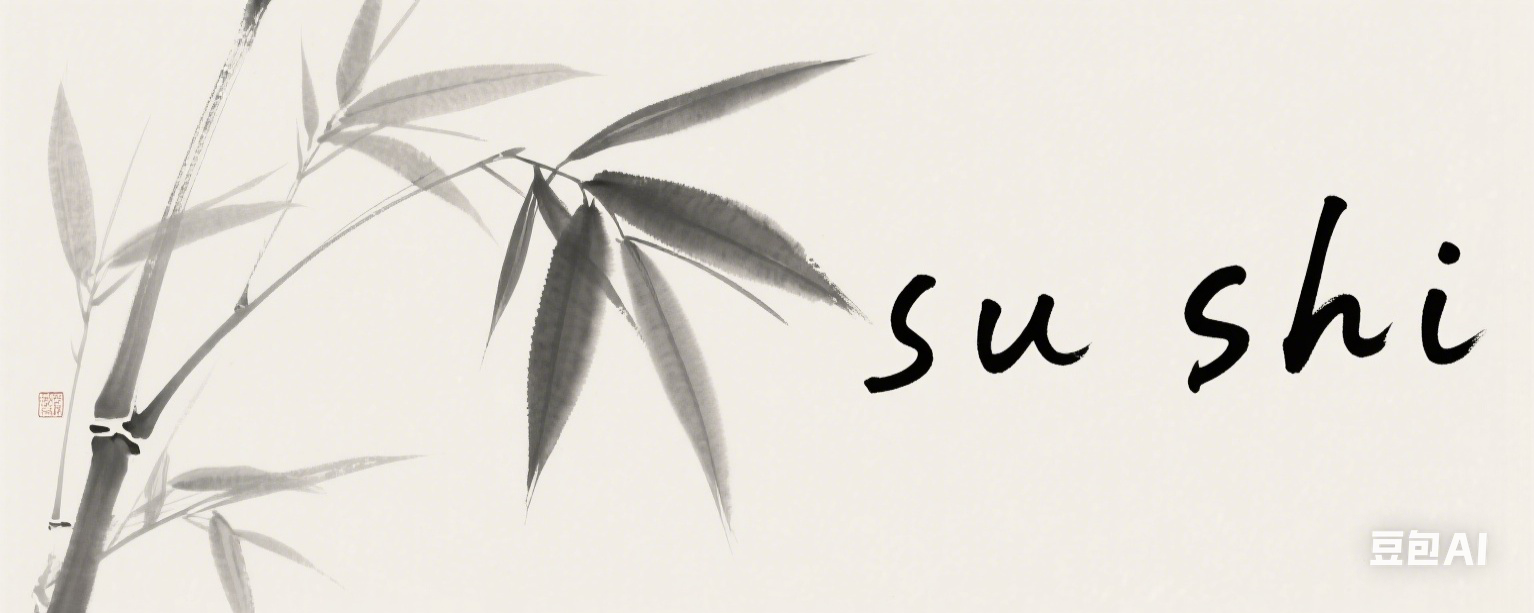
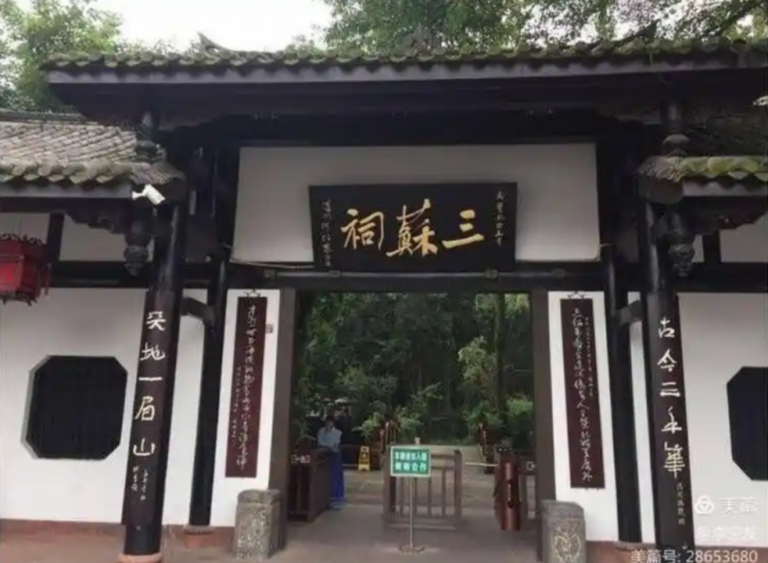
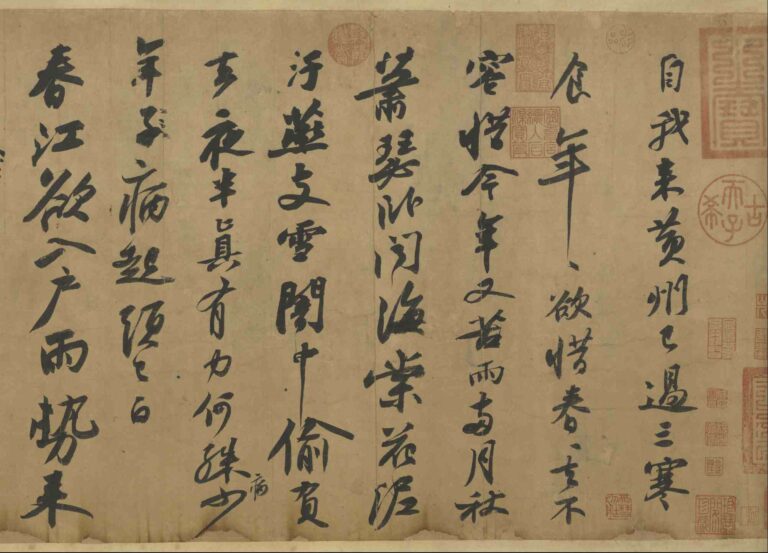
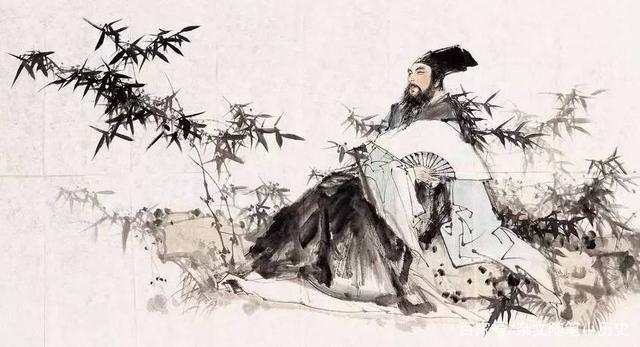
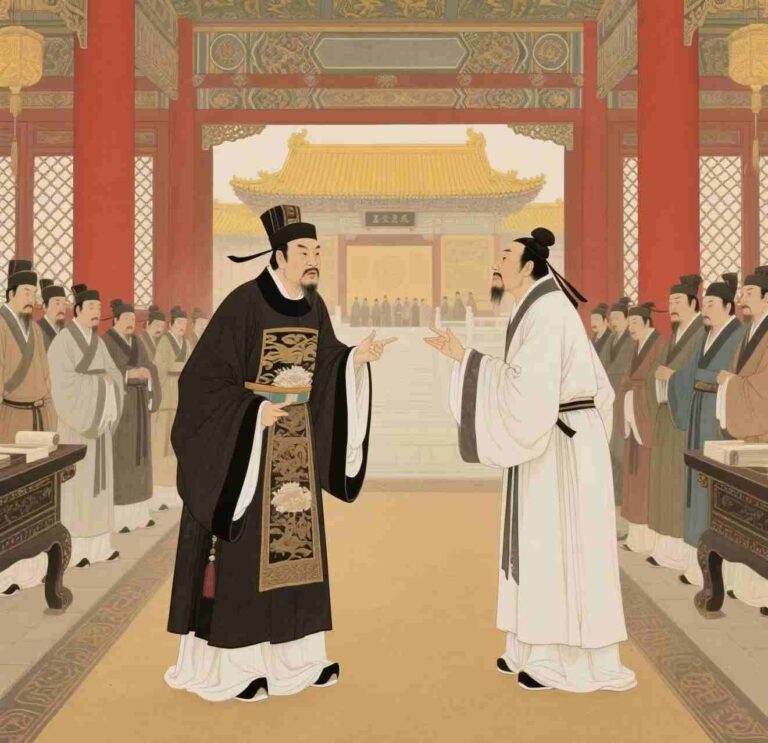
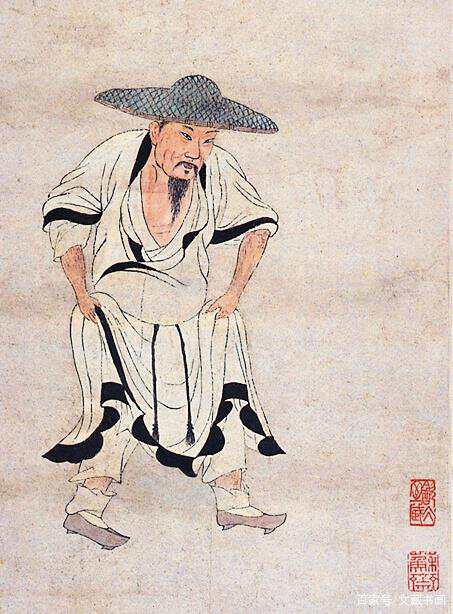
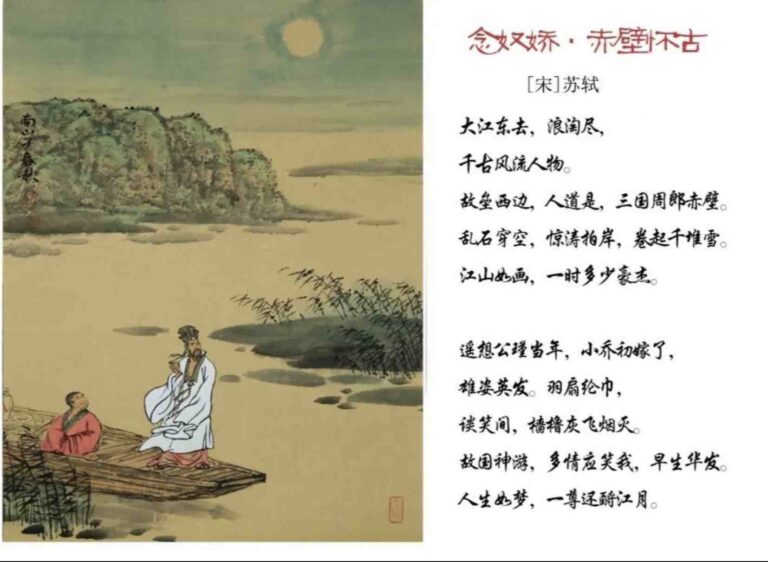
One Comment